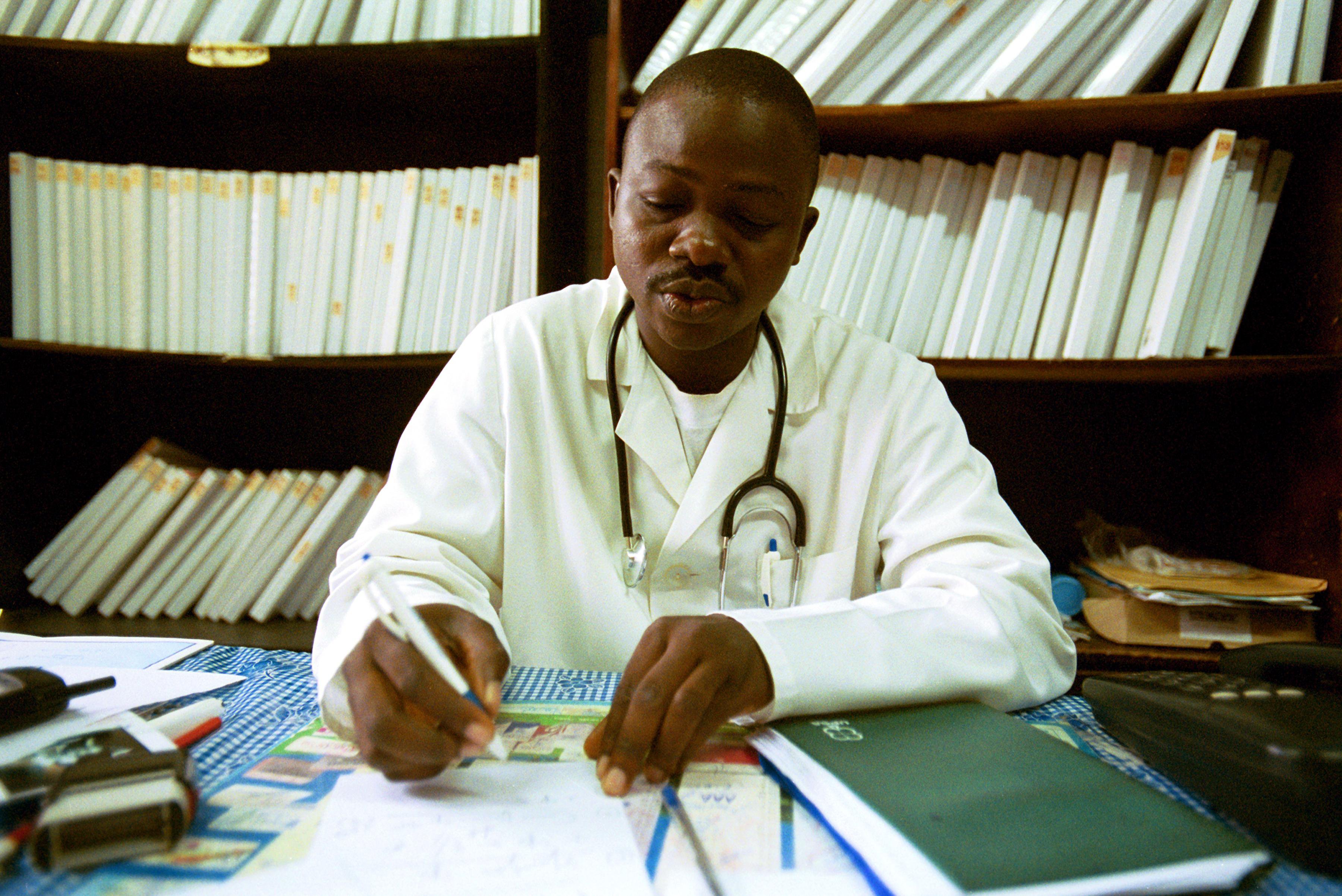Changes to the aid landscape have led to growing interest in how public funds can be managed more effectively to provide health services. A number of diagnostic tools have been developed to help identify weaknesses in public financial management (PFM) systems that may be undermining this aim. This paper identifies and compares eight of these tools – five tools that look directly at the relationship between PFM and health and three further tools that look at aspects of PFM among a wider range of factors affecting health service delivery. The aim is to provide donors, governments and other practitioners with a menu of options for considering which – if any – PFM and health diagnostic tool might support their objectives.
The paper is divided into two sections:
- Chapter 1 is the main body of the report, setting out an analysis of the key issues related to PFM and health diagnostics. This draws on a broader literature on the measurement of the quality of governance and institutions in order to pick out important lessons about the strengths and limitations of different diagnostic approaches.
- Chapter 2 examines each of the tools in detail using a common framework and provides the underlying evidence that informs the paper.
The analysis finds that each approach has limitations in scope, methodology and cost. As a result, no single tool can identify all PFM bottlenecks to improving health service delivery, or what causes those bottlenecks. Choosing the right tool for the right problem is thus important. However, the fact that implementation of these tools can help promote dialogue between Ministries of Finance and Ministries of Health and other stakeholders, rather than their precise analytical content, may be their most important contribution to supporting reform.



